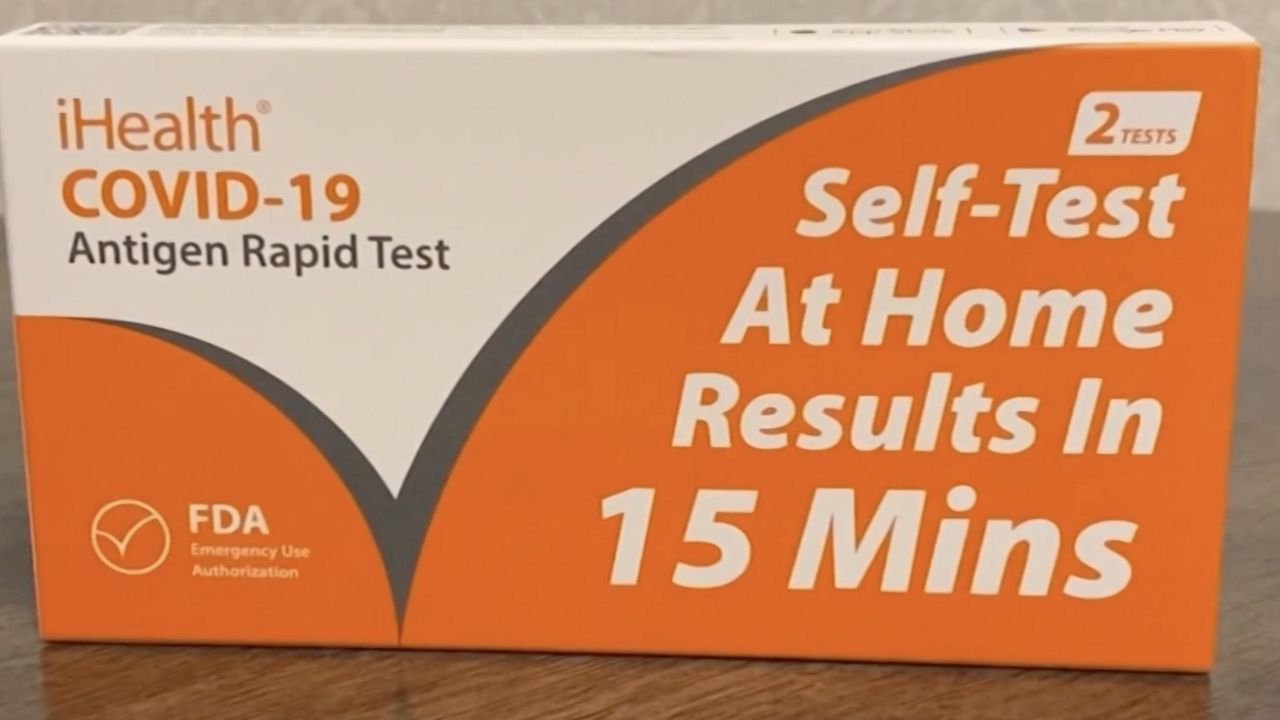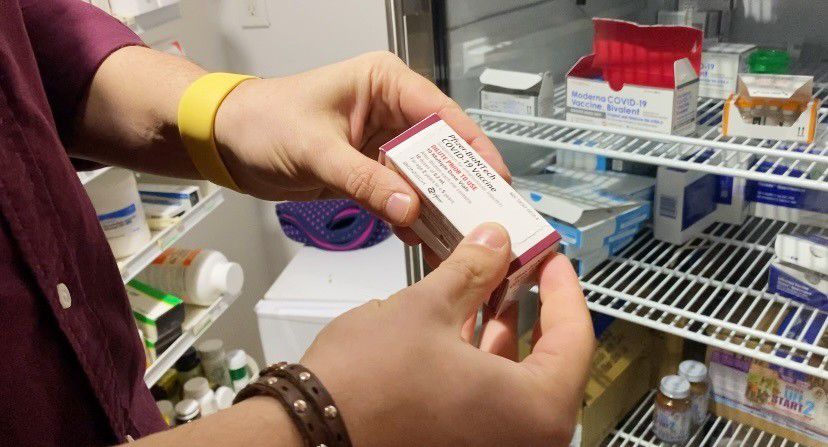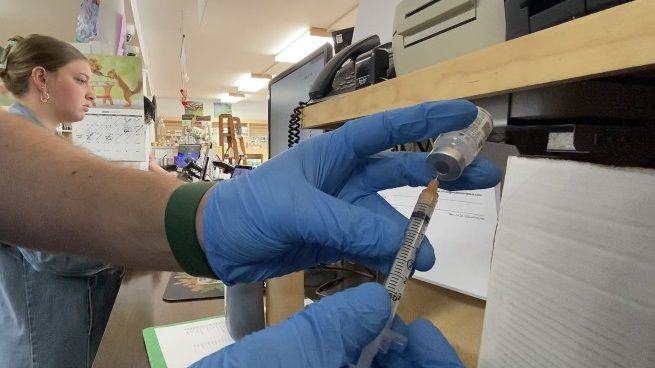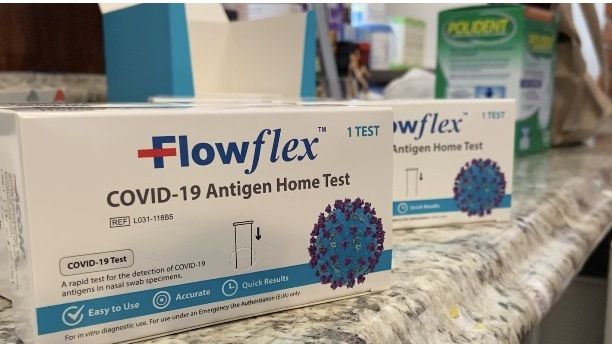Ashley Pugliese has come a long way since February of 2020.
"I was so sick, to the point that I was in my bed, my parents were in Puerto Rico, and I called my mom I said, 'I think I'm going to die,'" Pugliese recalled.
She didn’t know it then, but doctors now believe she had COVID-19.
"My rib cage, it felt like somebody had me in a corset and broke all the ribs and would never let it go," said Pugliese.
What You Need To Know
- Westchester Medical Center launched a Post-COVID-19 Recovery Program in October of 2020
- The program matches COVID long-haulers with specialists that pinpoint their symptoms and help get them on the path to recovery
- Ashley Pugliese said the program helped her recover from extensive long-hauler symptoms
Over the next few months, Pugliese experienced a significant decline in her physical and mental health.
"My memory was gone. When they talk about brain fog for COVID, I was standing in front of my refrigerator and trying to remember what it was called," said Pugliese.
After several trips to the hospital, she started getting frustrated. She wasn't getting any answers.
"Doctors that I had seen, it was almost like gaslighting in a way, that you present with all of these issues, but somebody's telling you there's absolutely nothing wrong with you," said Pugliese.
She felt lost. It wasn't until she found the Post-COVID-19 Recovery Program at Westchester Medical Center that she began to feel hopeful.
Dr. Gary Rogg is the co-director of the program, which was launched in October of 2020.
"At that point, it really became very apparent that COVID was a lot different than the flu, and that people were not recovering the same way as they have from the flu. A significant number of people had lingering symptoms," said Rogg.
The program, which also is offered at Good Samaritan Hospital, St. Anthony Community Hospital and Bon Secours Community Hospital, helps long-hauler COVID patients like Pugliese feel heard.
"Our ultimate goal is to give them back the quality of life they want, that they're used to," said Rogg.
After assessing a patient's symptoms and experience with the virus, doctors match the patient with specialists that serve their specific needs.
Pugliese worked with Dr. Carol Karmen, who matched her with several specialists and tests to determine an individualized road to recovery for her. She’s come a long way from when she had to use a pill case to manage all of her medications and supplements.
"I feel so much better, like I can, I have endurance now. I can do physical activities and not be bedridden for a week," said Pugliese.
She still has bad days, but said she's almost back to normal, and happy she was able to find a doctor who listened. Pugliese has a message for other long COVID sufferers.
"Keep trying to find someone that’s going to listen to you," she said. "There will be somebody eventually, but at least there's programs like this in place."









